5 Top Tips for Backyard Pest Control

Photo: Andrea Piacquadio
There’s nothing like spending time in your backyard – whether you’re gardening, relaxing with a book, or having a summertime BBQ with your fave people. But there’s one thing that can get in the way of enjoying your best backyard life – pests! Whether it’s mozzies nibbling on you and your family, guests, and pets, or the garden-variety (literally) of garden pests nomming through your herb garden, pests are, well, a serious pest. Get them outta your backyard and outta your life with these top tips.
#1 Standing water is ennemy #1
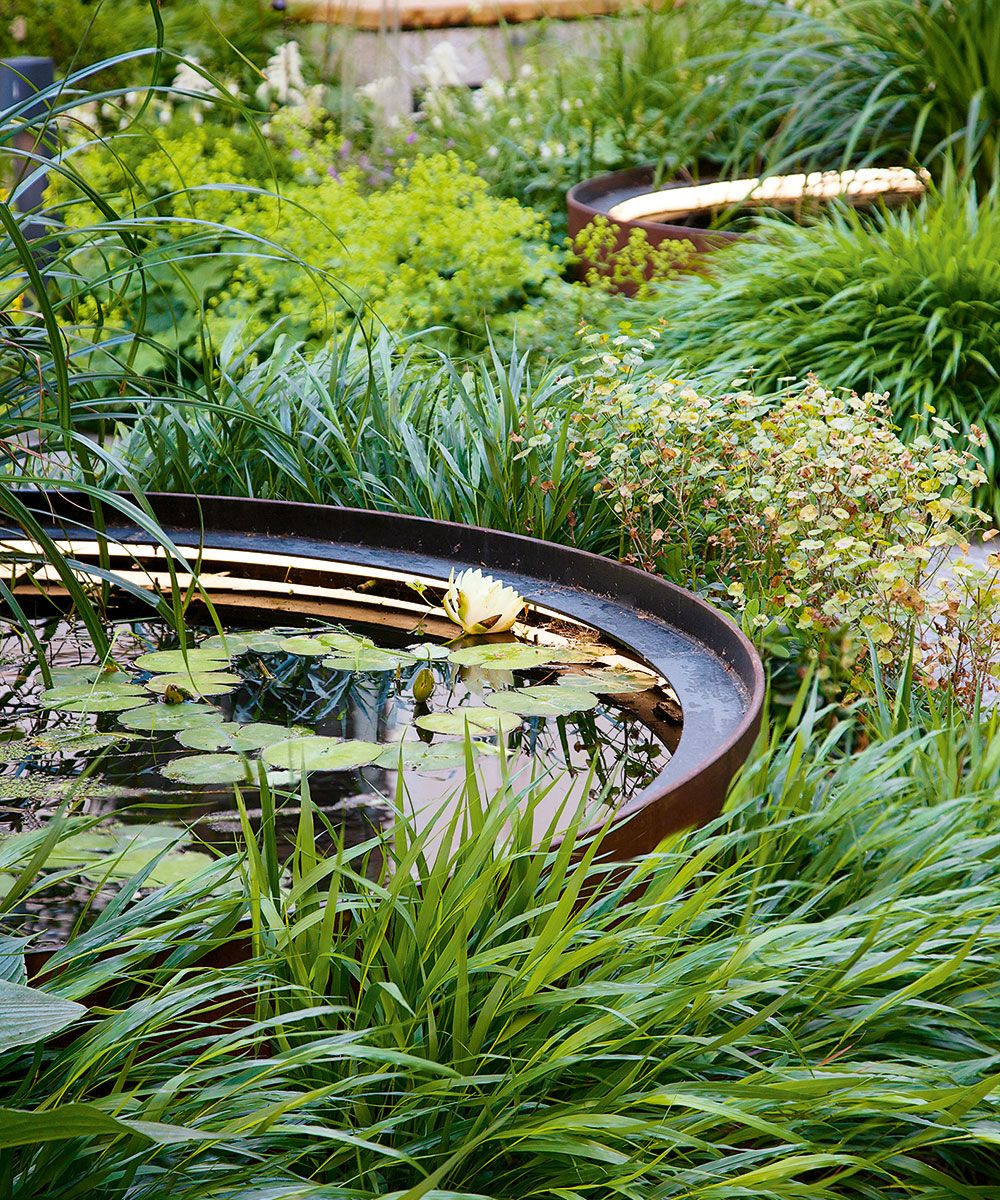
Standing water is the ultimate mozzie breeding ground! To stop them in their tracks, check that your gutters aren’t clogged, and make sure any sunken areas of your yard are filled in to prevent water from collecting. You should also change the water in your kiddie pond, birthbath, garden water features and so on regularly so that these bloodthirsty bugs don’t have a chance to go forth and multiply; and you can even introduce little fish to your water features (fountains, etc.) to eat the mosquito larvae.
#2 Court beneficial insects
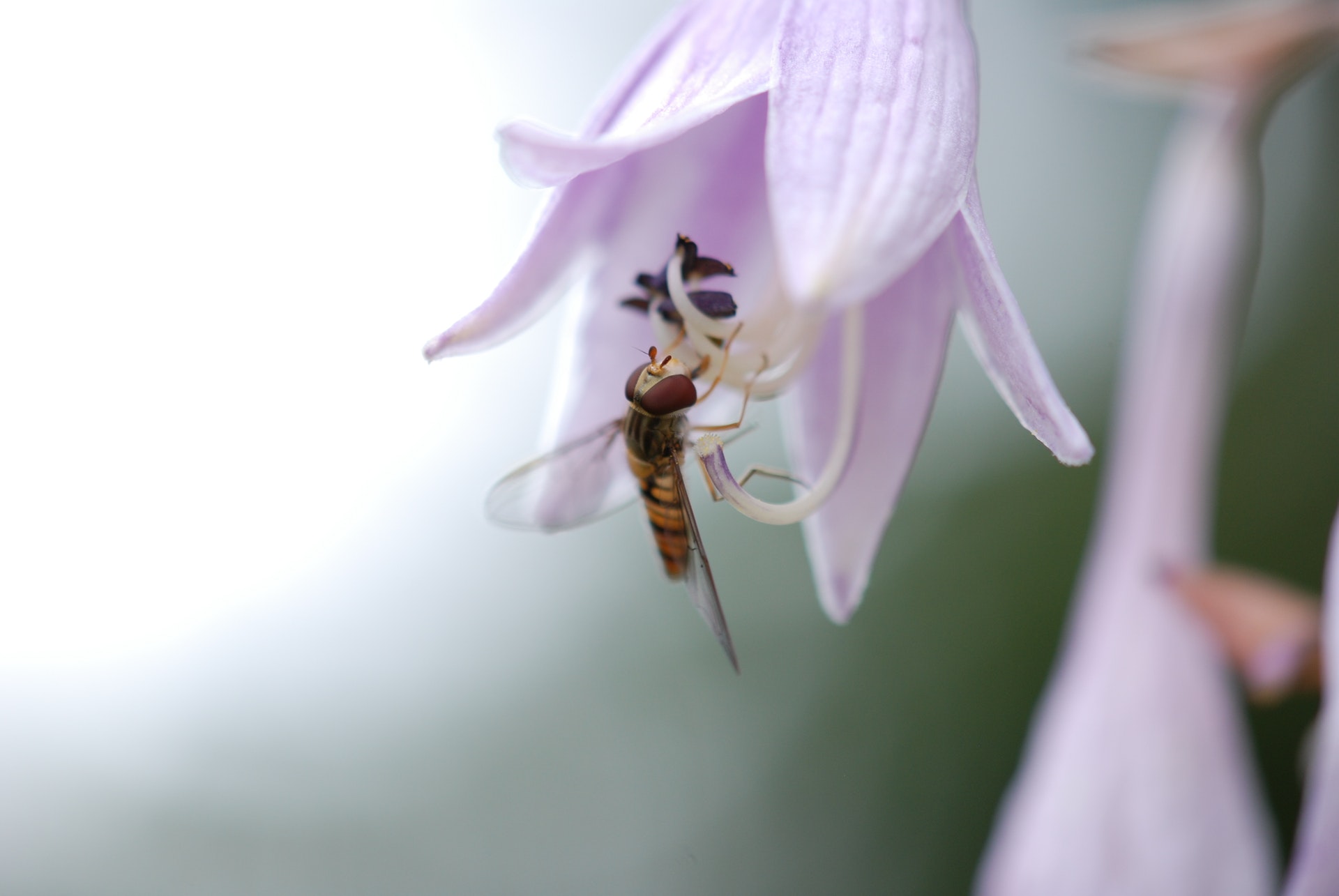
It’s hard to know what insects you want in your backyard and what ones you don’t – but not every insect is there to obliterate your garden, and some carnivorous insects are very welcome guests. They’ll significantly reduce any pest population, even more effectively than pesticide! But since they don’t come with neon signs, you’ll have to do a bit of research on what they look like at each stage of development; you’ll find some great info to get you started courtesy of Agric WA. And to get the ball rolling, you can even head to Good Bugs and buy some – wait for it – good bugs!
Fortunately, attracting beneficial insects isn’t that hard; what’s hard is keeping them around when they’ve eaten all the pests in your garden. Fortunately, they also love pollen and nectar, so grow some plants that they enjoy to keep them around for the long haul. Letting some herbs and lettuce go to flower should do the trick, and they also tend to love sweet alyssum, angelica, dill, cosmos and yarrow which are all gorgeous plants to have in your garden.
To get the ball rolling on growing your beneficial bug army, you can even head to Good Bugs and buy some – wait for it – good bugs! But keep in mind, it’s a nationwide supplier, so just make sure you give Quarantine WA a call on 08 9334 1800 first to confirm if such organisms are permitted into Western Australia.
#3 Essential oils
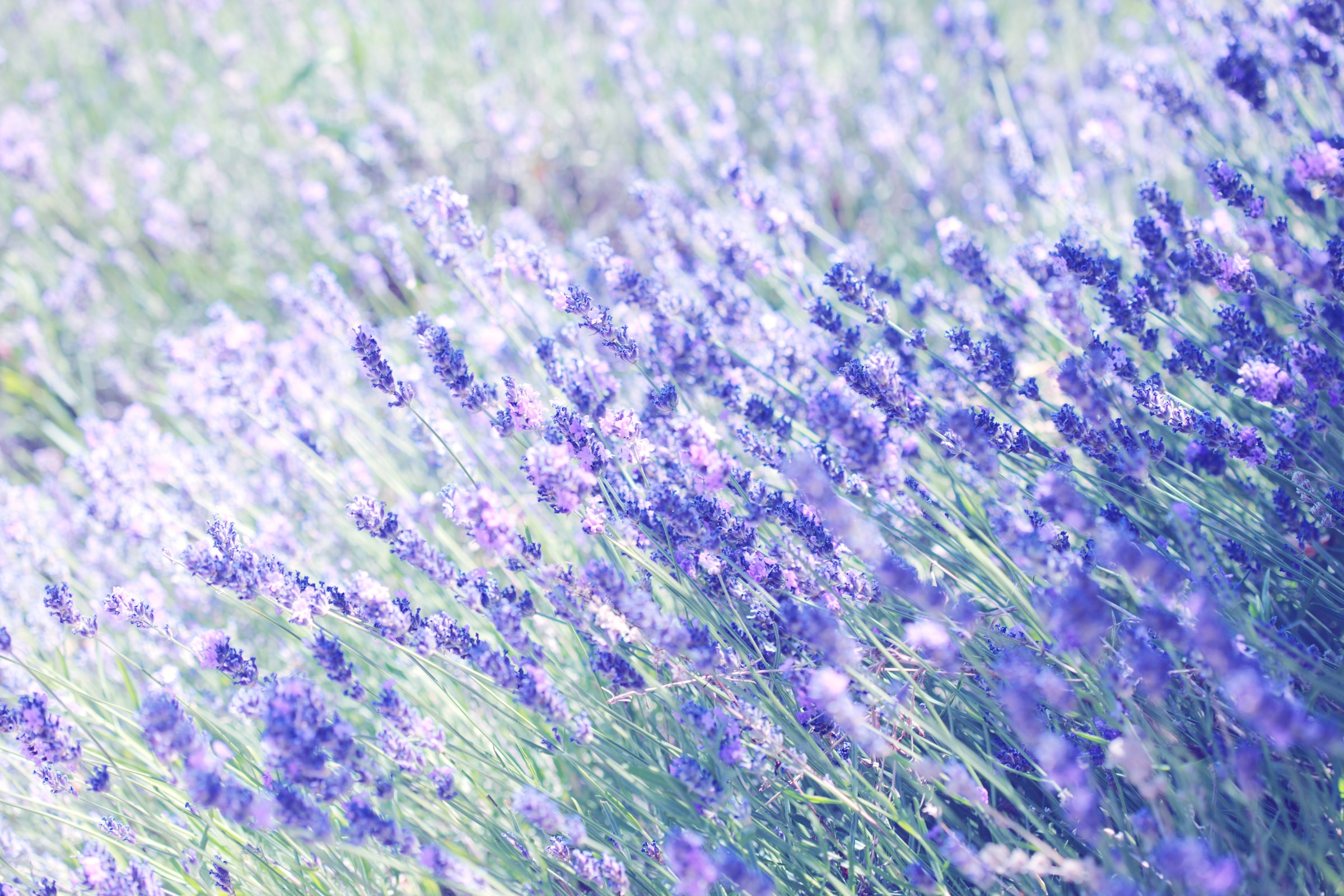
So we know that insects serve a very important place in the world, and even in your garden (where would we be without pollinators?) But sending the unwelcome pests packing can be difficult – finding something that works, isn’t toxic to family and pets, but still keeps your patio and garden pest-free. Essential oils are a great solution for natural pest control that’s usable inside your home and in your backyard. Many essential oils can repel and even kill creepy-crawlies, for example Diatomaceous Earth, a chalk-like powder that’s safe for humans and harmful to insects (fatally dehydrating them). You can sprinkle it in the garden, your kitchen, patio and more. But make sure it’s food-grade, not pool-grade, since the latter can cause respiratory issues.
If you’ve got a mosquito problem, some great essential oils to have in your arsenal include lavender, lemongrass, orange, citronella, peppermint, lemon, eucalyptus and sage; flies hate lavender, peppermint, rosemary, sage, citronella, orange, lemongrass, lemon, thyme, tea tree, sandalwood, and patchouli. Added bonus: many of these smell lovely, too!
#4 Soap water
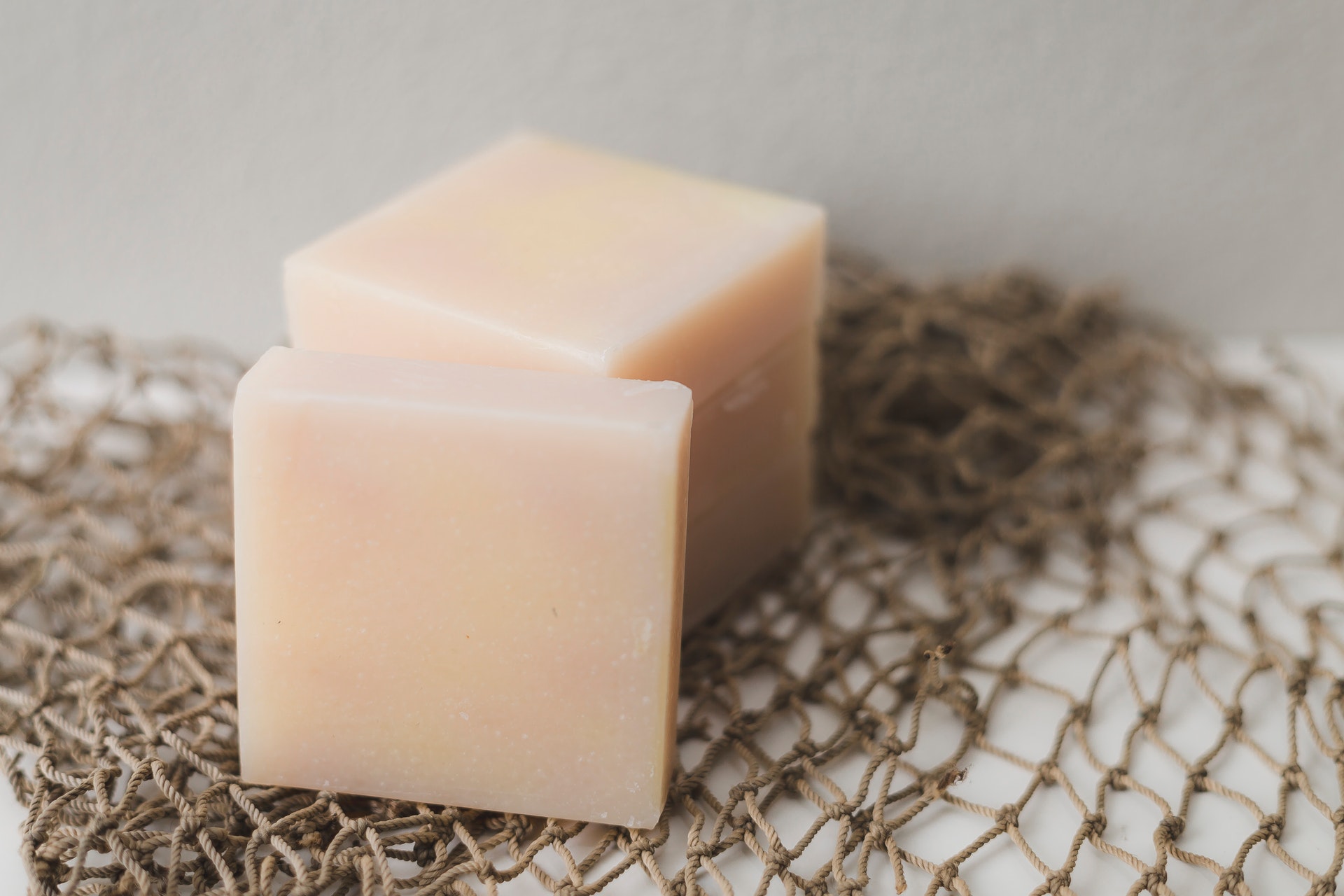
There’s plenty of home remedies for garden pest management that don’t work, and can even end up making things worse (oops, well-fed insects wasn’t what you were aiming for). Fortunately, there’s a great home-remedy insecticide for soft-bodied insects that only takes two ingredients: your very own insecticidal soap, made with water and standard dish soap. It’s totally safe and non-toxic, making it a perfect pest control option for organic gardeners, and much more gentle on your garden than commercial insecticides. Win-win!
#5 Keep rats away
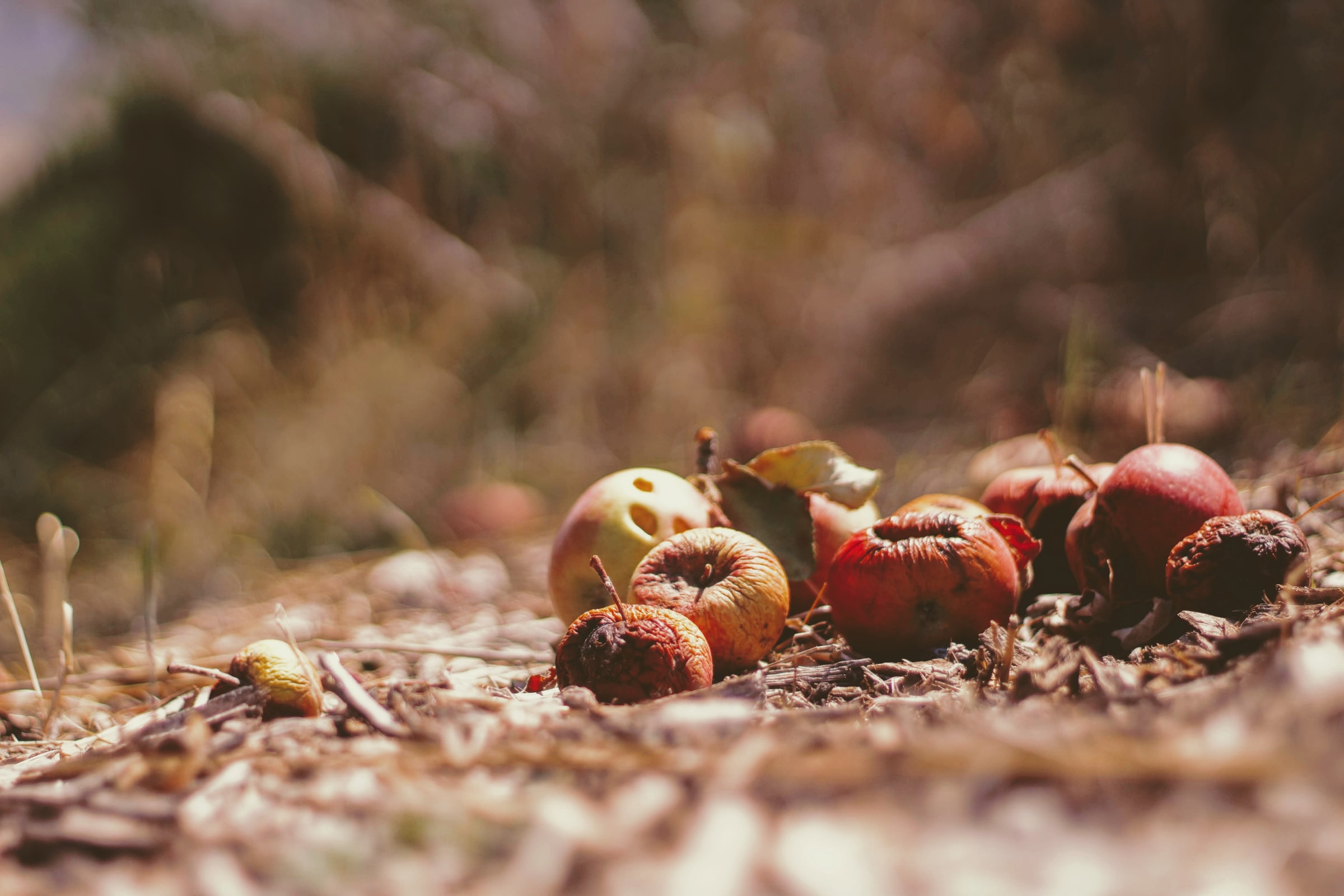
Your backyard garden is prime real estate to a rat – they love fresh & fertile soil to dig their burrows. Prevention is better than a cure, and making your backyard less hospitable is key. It’s important to note that even though they will eat the veggies in a garden, they’re not vegetarian, and eventually they’ll move on to somewhere else to get their animal protein and fat fix. So a compost pile won’t be appealing if it’s just garden scraps, but if you’ve included meats, grains, oils, or other fats, it’s like an all-you-can-eat buffet. Add the warmth generated by a compost pile in winter, and that’s some serious rat hygge – so keep an eye on your compost areas, and ideally keep your compost in a hard plastic or metal container with a tight-fitting lid.
Rats also love places where they can shelter away from predators and feel safe, so tall weeds and piles of rocks, wood, etc. are a perfect rat home. You can nip this in the bud by cutting back vegetation, removing vines from the side of buildings, and trimming back branches that reach fences, etc. and form a rat transport system.
And remember, if things get bad, call in the professionals – the last thing you want to deal with is an infestation outside, because it means there’s probably more inside. Yuck.
We hope that this guide has helped you win the battle against backyard pests of both the furry, flying and plant-nomming variety! And if you’re looking for more great advice on your best backyard, head to our Ideas and Inspiration section for articles on topics like keeping your patio cool in summer, waterwise landscaping and shed transformation design ideas you’ll love.



